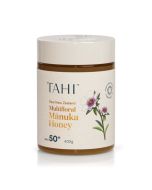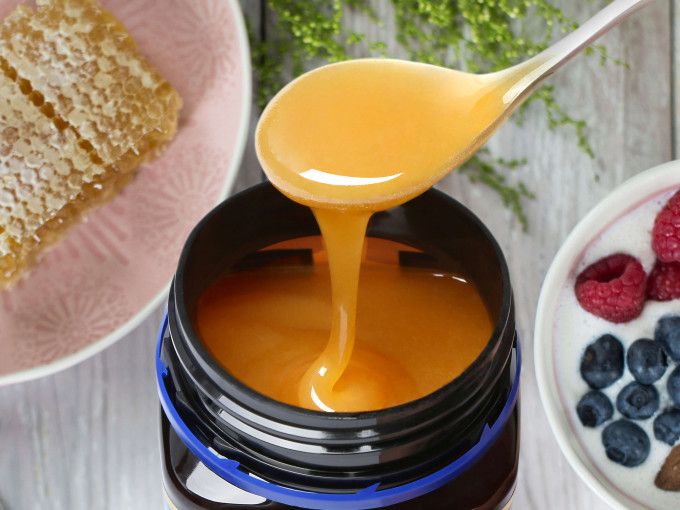
The Benefits Of Manuka Honey: Q&A With Nutritionist, Katie Lane
By Katie Lane, Nutritionist and spokesperson for Savant Health.
Manuka honey has been shown to have significant health benefits due to its high levels of compound methylglyoxal (MGO). Manuka Health were the first to establish the MGO testing system and are the top-selling producers of manuka honey in 25 countries worldwide. Here, spokesperson and nutritionist Katie Lane, from Savant Health, shares her expertise and answers our questions about this remarkable honey from New Zealand.
What is manuka honey and how does it differ from ordinary honey?
Manuka honey is honey made from the manuka plant. Unlike other honeys, manuka honey has strong antibacterial properties (demonstrated in vitro), owing to naturally containing a compound called methylglyoxal. While this compound isn’t unique to manuka honey, manuka honey contains high levels compared to other honeys and foods.
Where does manuka honey come from?
Manuka honey comes from New Zealand. The word ‘manuka’ is a Maori word used to describe native plants of the Leptospermum scoparium species. Manuka honey started to be produced through the introduction of a European bee species in 1839. Prior to this, the shrubs were used and consumed in other ways for their medicinal properties. Manuka grows as a wild shrub all across New Zealand.
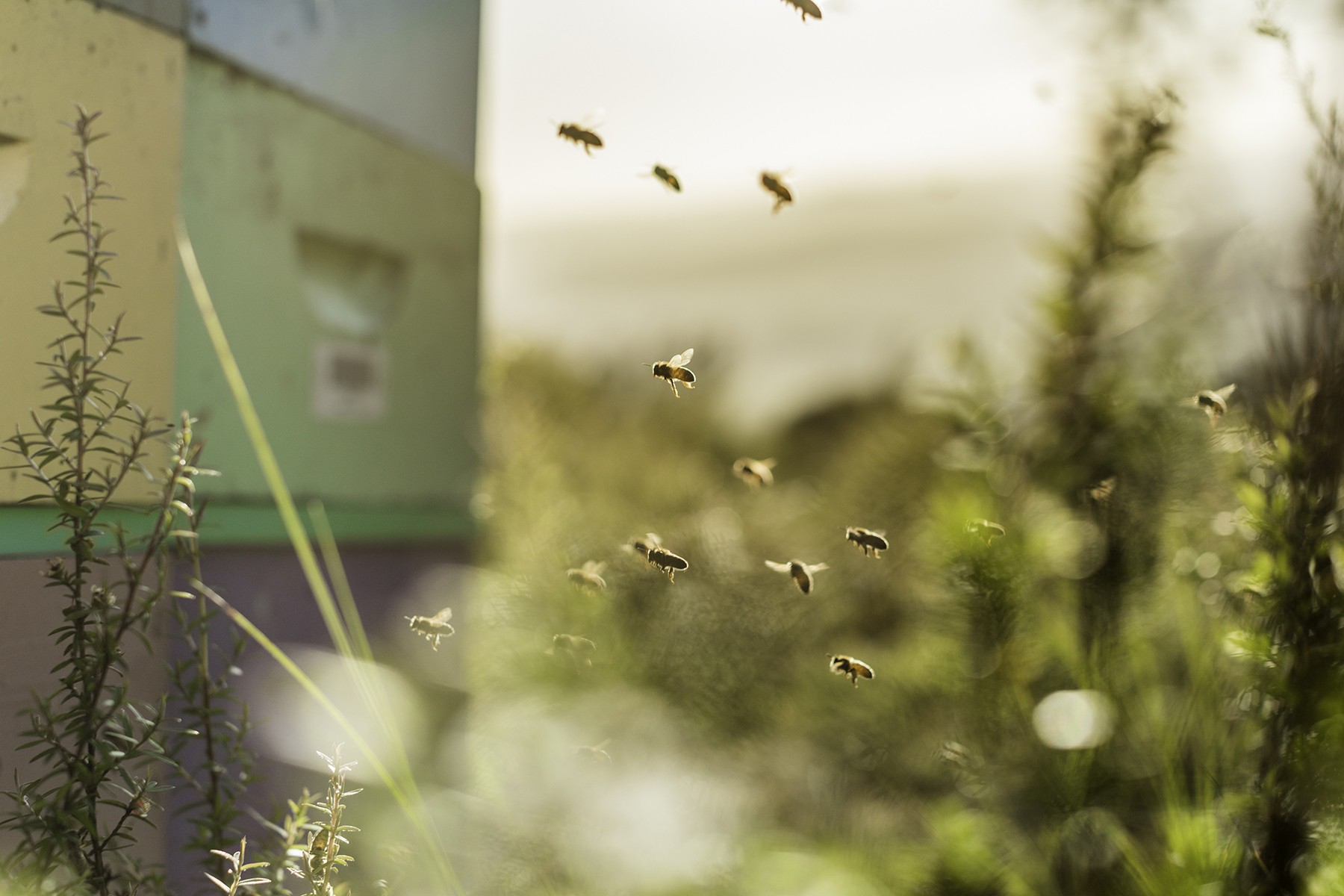
What are the active ingredients?
The nectar of manuka plants contain high levels of a compound called methylglyoxal (MGO). Discovered to be the active ingredient in manuka honey in 2006 by a German scientist, Dr Thomas Henle. As nectar becomes honey, and honey ripens, the MGO level can increase. The higher the MGO number, the greater the levels of MGO present. There are also other compounds, such as enzymes, which contribute to manuka honey’s unique properties.
What are the health benefits of manuka honey?
While there are currently no authorised EU health claims for manuka honey, many customers buy manuka honey for health reasons. Manuka honey has been shown to have strong antibacterial properties (in vitro) owing to the presence of MGO, but it is also being researched for its antiviral properties. Most honey already has some antibacterial action due to the presence of natural Hydrogen Peroxide. Manuka honey contains hydrogen peroxide and methylglyoxal.
Manuka honey is also anti-inflammatory, and has wound-healing activity. Not only is antibacterial action extremely beneficial when treating open wounds, but manuka honey can also provide a barrier between wound and external environment, and it keeps wounds moist, aiding healing. This lends itself well to treating all kinds of open wounds, including those where conventional antibiotics have failed.
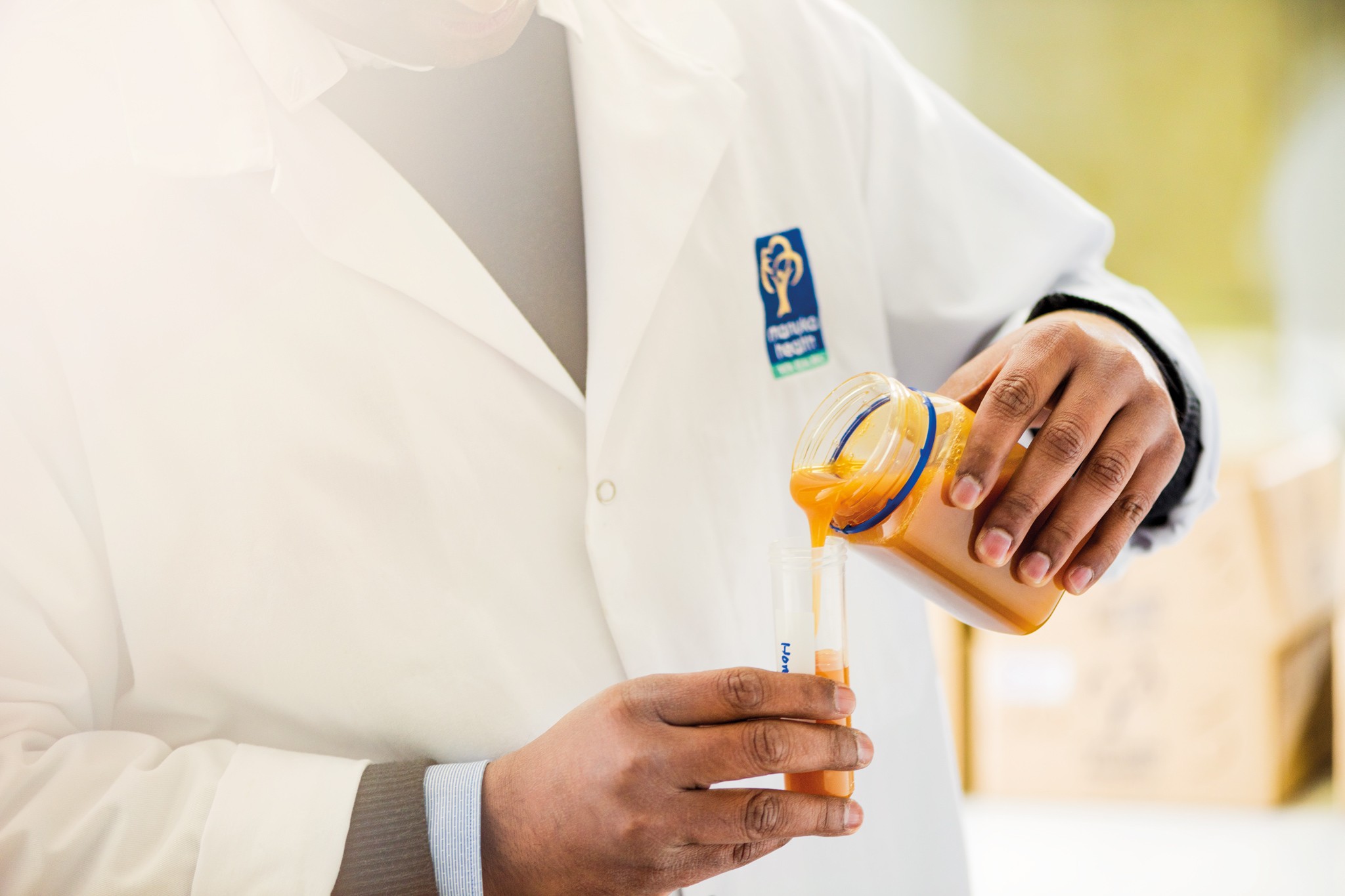
Can manuka honey help with my sore throat or cold?
Manuka honey has been researched for many different areas of health. Currently there is ongoing research into the use of manuka honey for colds, coughs, sore throats, and any immune-boosting ability. The HSE has recommended regular honey and lemon are taken as a first line defence instead of going straight to antibiotics.
Can manuka honey help boost my immune system?
Again, there are no authorised EU health claims for manuka honey. It is thought that manuka honey interacts with the immune system by activating certain immune responses such as stimulating immune cells, eg. monocytes, which aid in fighting infection and healing wounds.
A large portion of the immune system exists within the digestive system and manuka honey is thought to aid immune function by helping to keep harmful pathogenic bacteria in check.
Distinct immune tissue such as the tonsils may also benefit from daily doses of manuka honey, as it can act directly on bacteria sitting at the back of the throat.
Can manuka honey help alleviate the symptoms of Covid-19?
It is too early to have data specifically showing manuka honey has effects on the symptoms of Covid 19.
What should manuka honey not be used for?
Manuka honey can be used both topically and internally, however all honey has a high sugar content, and should be considered as such when suggesting to anyone with blood sugar imbalances. Children under 12 months cannot be given any honey to consume.
How much manuka honey should I take, and how should I take it?
Manuka honey can be taken at personally adjusted doses of between a ¼ to 1 teaspoon, up to 4 times a day.
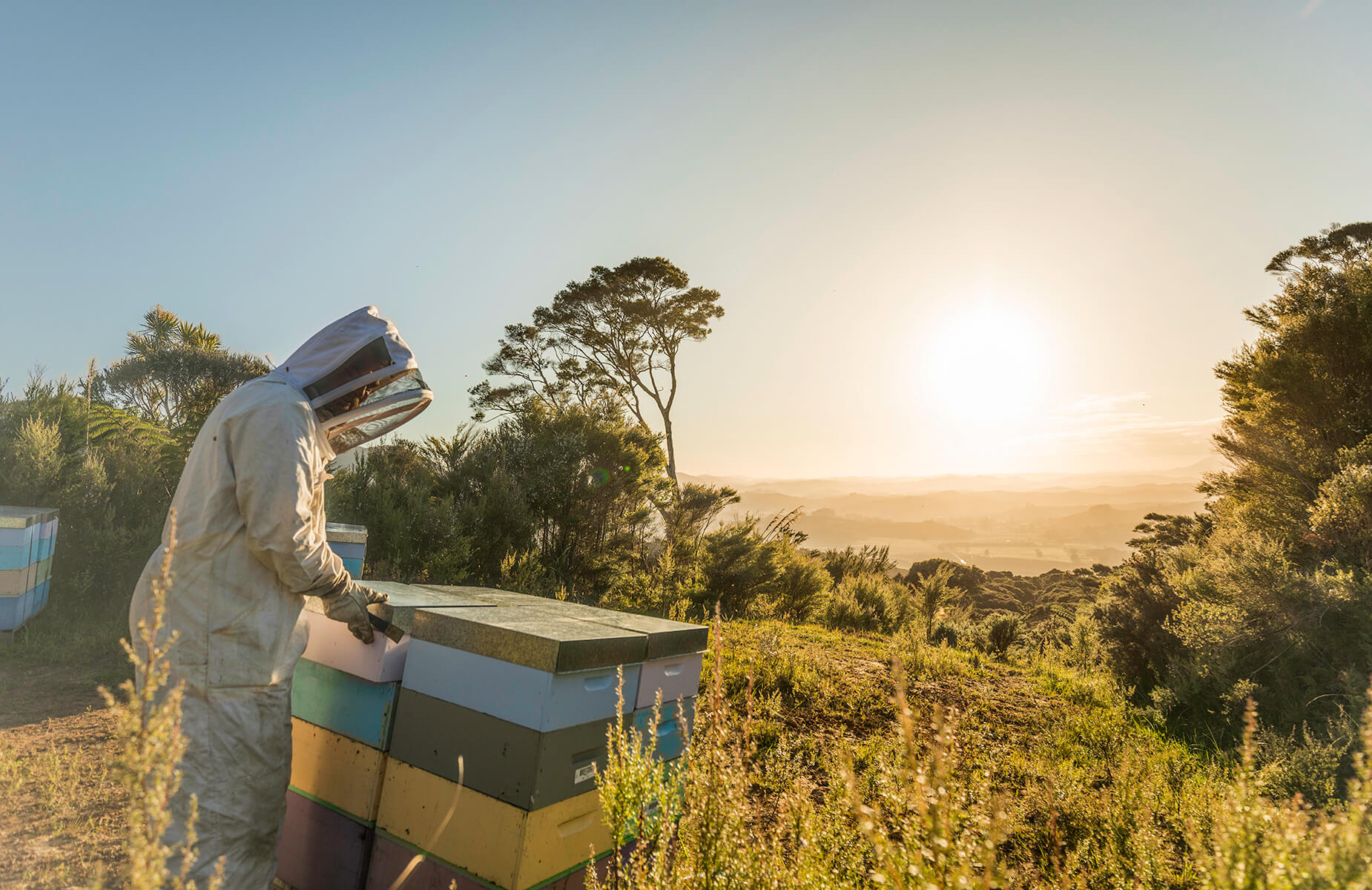
Why is manuka honey so expensive?
There is a limited supply of authentic manuka honey from New Zealand and demand for it comes from all over the world. Unlike other honeys, manuka honey requires expert handling in specialised processing and testing facilities. According to NZ regulations, all exported manuka honey undergoes a number of tests to confirm it is authentic, high in active compounds and fit for consumption. It then travels thousands of miles, in strict conditions, to get to customers in the UK. All these factors increase the price of manuka honey.
Which is the best manuka honey to buy?
Manuka honey is sold by many companies globally. When looking for high quality manuka honey, look for which grading system it uses. Both MGO and UMF are trusted manuka honey grading systems and both measure MGO content. Testing for MGO levels is important to demonstrate the strength of the [active compounds inside.
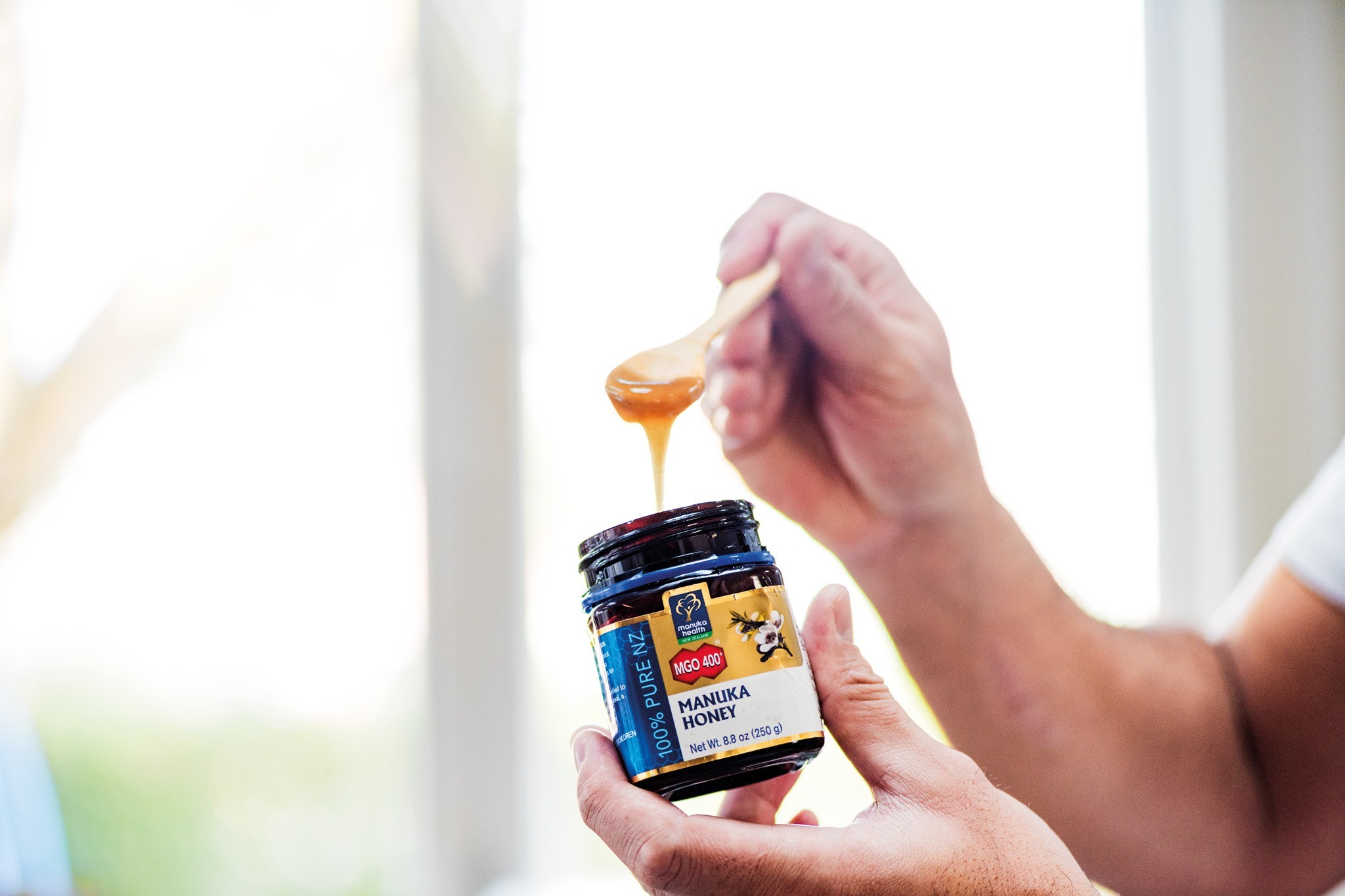
Disclaimer
The products offered are not intended to diagnose, treat, cure, or prevent any illness or disease, or to replace the advice of a medical professional. Results are not guaranteed and may vary from individual to individual.




